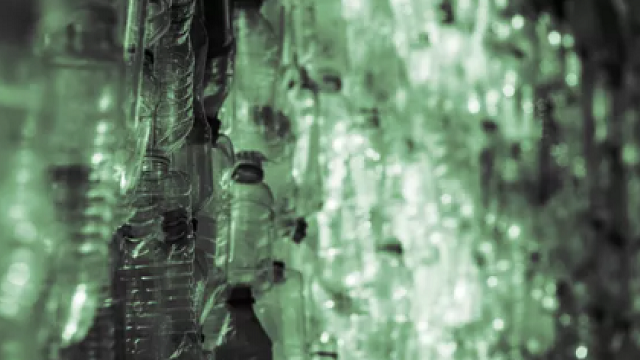EU NEIGHBOURS . Plastic is too valuable to be wasted. In Israel, EU-funded SwitchMed and the United Nations Industrial Development Organization (UNIDO) support the development of a closed-loop recycling system for plastic packaging that can help reduce waste, add value to plastic waste as raw material, and develop a local recycling value chain for the industry.
The second phase of the EU funded SwitchMed programme – MED TEST III project, will focus on specific actions to improve the circularity of the plastic industry in Israel in partnership with a pool of institutional stakeholders.
Under the SwitchMed Programme, UNIDO will undertake the mapping of the plastic waste recycling chain and identify pilot projects for future demonstrations in Israel. In addition, a market study for setting up an rPET bottle-to-bottle recycling plant will be undertaken and the development of guidelines that can support “design for recyclability of plastic packaging”, standards and policy incentives will be undertaken. The mapping of the plastic waste recycling value chain is expected to be finalized before the end of 2020.
The SwitchMed initiative is funded by the European Union and implemented by the United Nations Industrial Development Organization (UNIDO), the United Nations Environment Programme (UNEP) Economy Division, the United Nations Environment Programme Mediterranean Action Plan (UNEP/MAP) and its Regional Activity Centre for Sustainable Consumption and Production (SCP/RAC). The initiative was launched in 2013 to speed up the shift to sustainable consumption and production patterns in the Southern Mediterranean, notably through the promotion of circular economy approaches. The programme aims at achieving productive, circular and sharing economies in the Mediterranean by changing the way goods and services are consumed and produced so that human development is decoupled from environmental degradation.
Read also
EU-funded SwitchMed in Israel: Closing the circle for plastic waste
























































